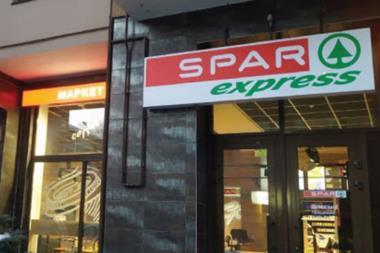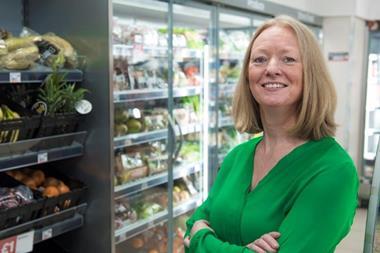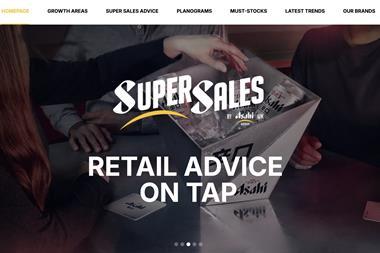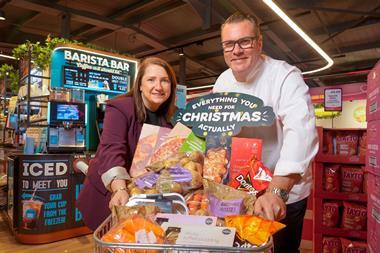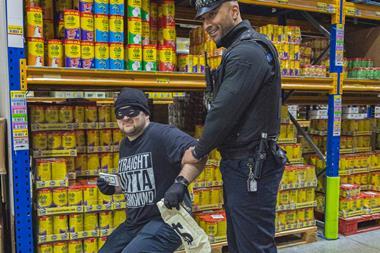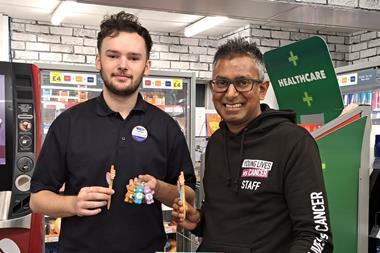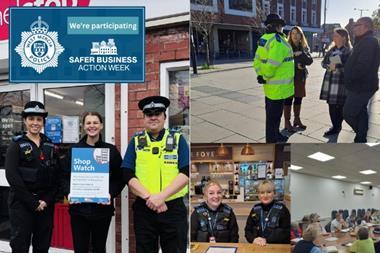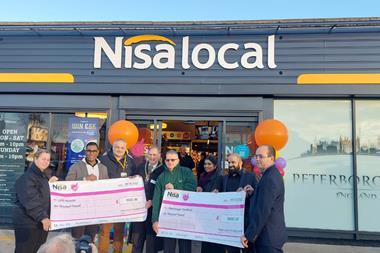Spar MD Louise Hoste on keeping shelves stocked through the coronavirus pandemic

Spar UK managing director Louise Hoste explains how the group supported retailers in the early days of the lockdown and how it’s adapting its offer to meet changing shopper missions
ALREADY HAVE A REGISTERED USER ACCOUNT? PLEASE LOG IN HERE
To read the full story join the ConvenienceStore.co.uk community today!
Registration is quick and easy and provides access to:
- Unlimited ConvenienceStore.co.uk articles
- Our great range of newsletters
- Content you’ve saved for later via the ‘my library’ feature
And much more…



















